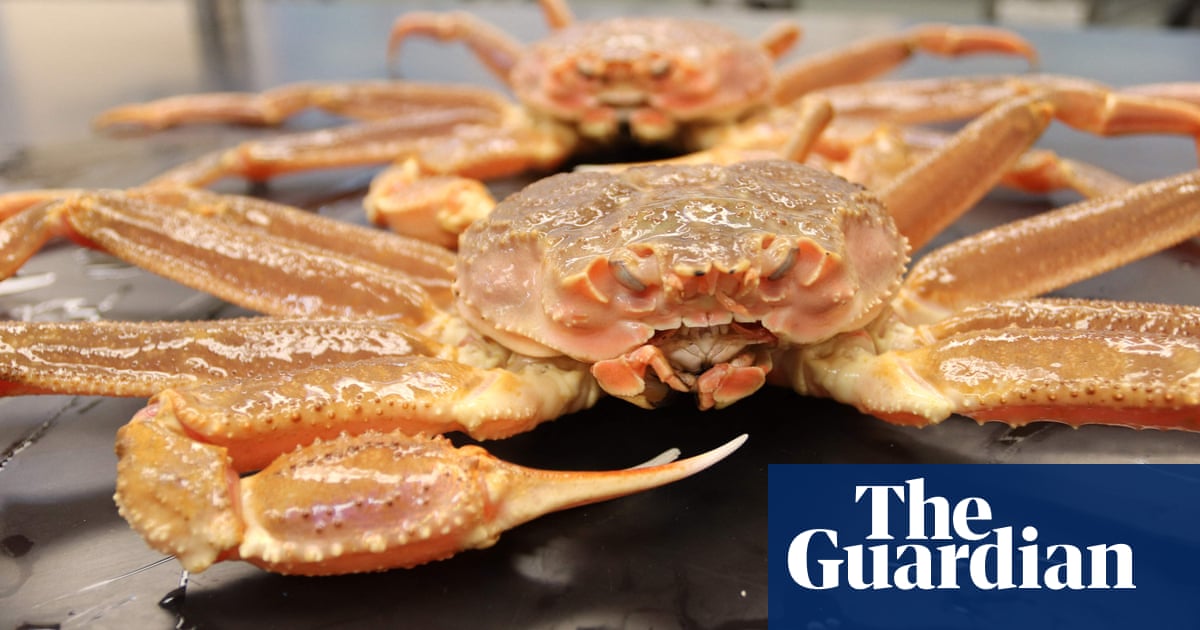A study suggests that a significant number of Alaska snow crabs disappeared as a result of the warming ocean.

A recent study has revealed that the unexpected disappearance of billions of snow crabs in Alaska can likely be attributed to rising ocean temperatures. This phenomenon had previously puzzled researchers and environmentalists.
According to a study by the National Oceanic and Atmospheric Administration, the snow crabs in the eastern Bering Sea, which were previously believed to be overfished, actually died in large numbers due to starvation caused by a significant increase in their caloric requirements due to a change in water temperature.
In 2018 and 2019, there were unprecedented high temperatures in the ocean, resulting in a surge in the snow crab population. However, this was short-lived as the population drastically dropped by 10 billion crabs in 2022.
A marine heatwave is a result of consistently and unusually high ocean temperatures. This puts strain on coral and other marine ecosystems, making sea life more susceptible and disrupting food chains. This occurrence is linked to the climate crisis, as the Noaa states that the ocean absorbs a majority of the additional heat from global warming.
Scientists have reported that Arctic temperatures have increased at a rate four times faster than the global average.
The decrease in sea ice caused by the effects of global warming has played a role in the decrease of arctic species. These species typically thrive in cold areas on the ocean floor, but the decrease in ice and increase in water temperature has made their habitat less suitable and led to a significant decline in their population.
The decrease in snow crab stock has had a significant impact on the Alaskan commercial fishing industry, which is valued at more than $150 million. The reduction in crabs has led to a decline in revenue and added financial strain for those who rely on this industry for their livelihood.
In 2022, the Alaska Department of Fish and Game made the unprecedented decision to halt vital Bering Sea snow crab fishing, leaving fishermen without their livelihood.
According to Noaa, the decrease in snow crab population is believed to be one of the most severe instances of marine heatwaves leading to loss of mobile marine life on a global scale.
Source: theguardian.com



